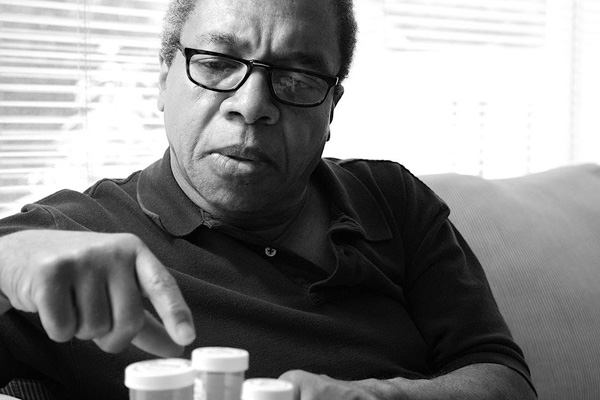THE BLUES –
Jan. 12, 2022 – Ripple effects of institutionalized racism, such as disparate access to substance use disorder treatment, racist drug policies, and bias in pain treatment, may also offer answers to why older Black men are disproportionately dying from opioid use, Mason’s group suggested.
Ageism in general, they said, is also likely a contributing factor to the annual increases in opioid-related deaths among this age group. Doctors may forego screening for substance use disorder among their older patients because it doesn’t fit into their idea of what it means to be “old.”
“Many are Baby Boomers who, in their youth, were using recreational drugs and, unlike in previous generations, they’ve continued using into their older age,” co-author Lori Ann Post, PhD, also of the Feinberg School of Medicine, said in a statement. “That sort of flies in the face of our stereotypes of the ‘older adult.’ We don’t think of them as recreational drug users, but it’s a growing problem.”
“They’re invisible,” Post added. “We’re talking grandmas and grandpas doing drugs, and to the point of overdosing. We don’t think of them seriously. Not as potential victims of domestic abuse, physical or sexual assault or drug addiction. That needs to change.”
Social isolation, exposure to prescription opioids for chronic conditions, and declining cognitive function also tend to worsen with age, the researchers pointed out. It can also become more difficult to metabolize opioids as you get older, putting older adults at higher risk of a fatal overdose.



